The popularity of low carbohydrate, low glycemic index, and low sugar diets has dramatically increased over the past several years, and sugar has become the enemy for many people searching for ways to improve their overall health and wellness. As a result, sugar substitutes have increased in popularity, too. However, while sugar substitutes can be beneficial for people, they can be dangerous, and potentially deadly, for pets. Our Oliver Animal Hospital team wants to ensure pet owners understand the dangers of xylitol, a popular sugar substitute, so we answer common xylitol toxicity questions.
What is xylitol and how does it affect pets?
Xylitol is a sugar alternative that has the same sweetness as sugar, but a fraction of the calories. Its low glycemic index also makes it a popular ingredient in low carbohydrate and human diabetic diets. Xylitol is found naturally as a sugar alcohol in several foods, including berries, plums, oats, corn, lettuce, mushrooms, and other fruits. Pets, especially dogs, process xylitol differently than people. The substance is quickly absorbed into their bloodstream and then triggers the pancreas to release three to seven times the amount of insulin normally released with an equivalent amount of sugar. Pets who have ingested xylitol can develop dangerously low blood sugar levels, or hypoglycemia, within 30 minutes, and can be affected for more than 12 hours. It is unknown if cats are equally affected. Additionally, dogs who ingest large amounts of xylitol have an increased risk of liver failure. However, small amounts can be deadly, too, and only one stick of sugar-free gum can cause poisoning in small dogs. In addition to diet foods, xylitol is found in a variety of other products because of its dental plaque-fighting properties. Ensure your pet does not ingest any xylitol-containing foods or products, including:
- Certain peanut butters
- Sugar-free gum
- Breath mints
- Human digestive aids
- Nasal sprays
- Human toothpaste
- Sugar-free candies, including chocolate
- Children’s vitamins
- Gummy vitamins or herbal supplements
What are xylitol toxicity signs in pets?
Xylitol toxicity signs may not be immediately obvious, and can take more than eight hours to show up in some cases. However, most dogs will show signs 30 minutes after ingestion. The signs and their severity will depend on the amount ingested, and can include:
- Weakness or lethargy
- Difficulty standing
- Lack of coordination
- Depression
- Vomiting
- Tremors
- Yellowing of the skin or mucous membranes
- Collapse
- Seizures
- Coma
How is xylitol toxicity diagnosed and treated in pets?
Bring your pet in immediately for a veterinary examination if you see them ingest any xylitol-containing products, or if they are showing toxicity signs. A xylitol toxicity diagnosis is based on a pet’s ingestion history and clinical signs. Your veterinarian may induce your pet to vomit if the ingestion has occurred recently, but you should never induce vomiting on your own unless directed to do so by a veterinarian. Your veterinarian also may recommend several blood tests to monitor for changes in blood sugar level, organ function, and electrolytes. Pets with hypoglycemia are at risk for hypothermia, or low body temperature, in addition to heart abnormalities, blood pressure problems, and seizures. Close observation and hospitalization are critical to monitor a pet with xylitol toxicity.
No antidote is available for xylitol toxicity, and it can be deadly without immediate supportive care treatment, which may include:
- Intravenous (IV) dextrose to combat hypoglycemia
- IV fluids to prevent dehydration and electrolyte imbalances
- Anti-nausea and gastro-protectant medications
- Liver-protecting medications
- Body temperature monitoring and regulation with specialized warming pads
What are xylitol toxicity prevention measures?
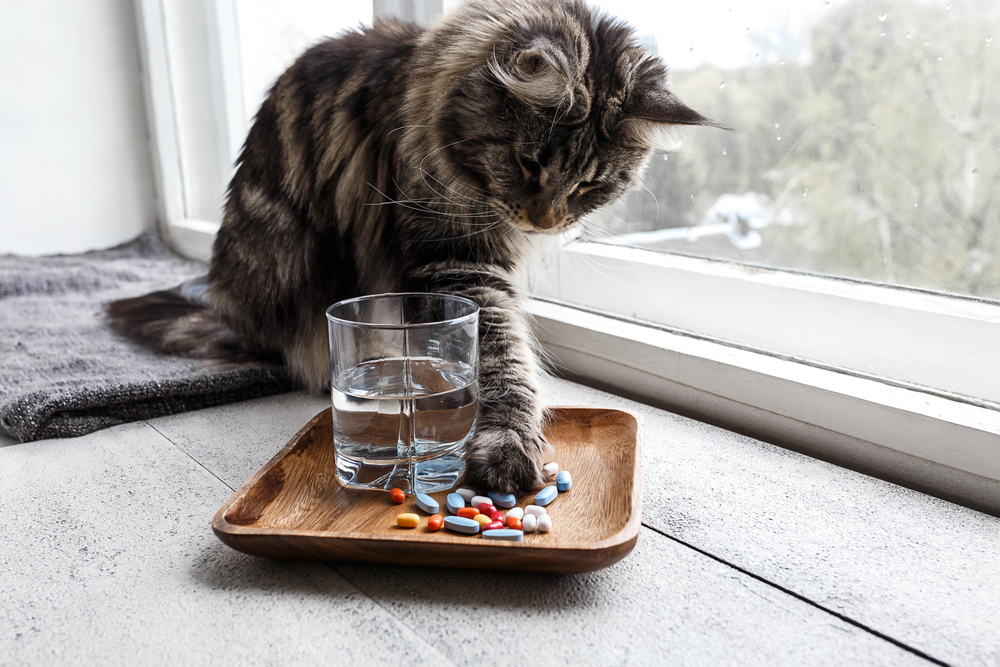
The Pet Poison Helpline reported a drastic increase in xylitol poisoning calls from 2015 to 2020, with the number of cases more than doubling during the five-year period. Keep our Oliver Animal Hospital number, the closest after-hours veterinary emergency hospital number, and the Pet Poison Helpline or ASPCA Animal Poison Control number in an easily accessible location in case your pet accidentally eats any xylitol-containing foods or products. Keeping products that contain xylitol out of paws’ reach is the easiest, most important method of protecting your pet. Xylitol toxicity can be fatal for pets who do not receive immediate treatment or who ingest a large amount, so follow these prevention measures:
- Check the label before giving your pet any treats, including peanut butter.
- Never brush your pet’s teeth with human toothpaste.
- Store all human vitamins, supplements, and medications in a pet-proof location.
Immediately call our Oliver Animal Hospital office if you see your pet eating any xylitol-containing foods or products, or if they are showing toxicity signs. Our world-class veterinary care will provide your pet with the best chances of recovery from this potentially fatal poisoning.


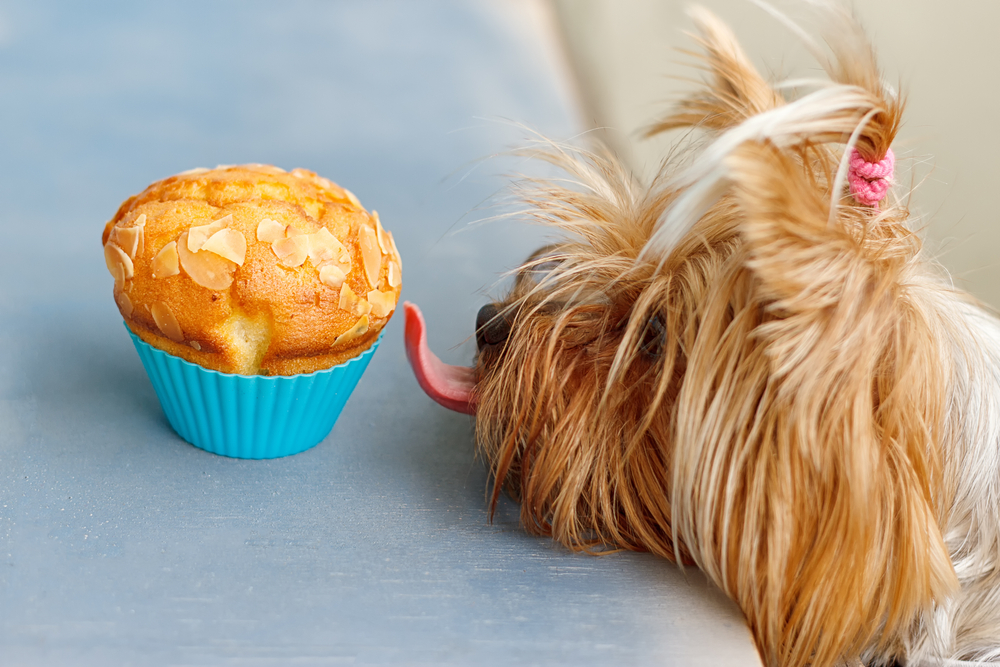
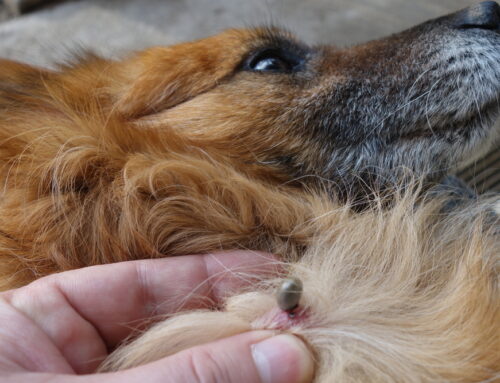
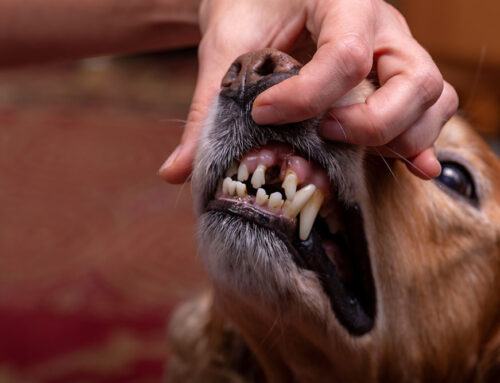
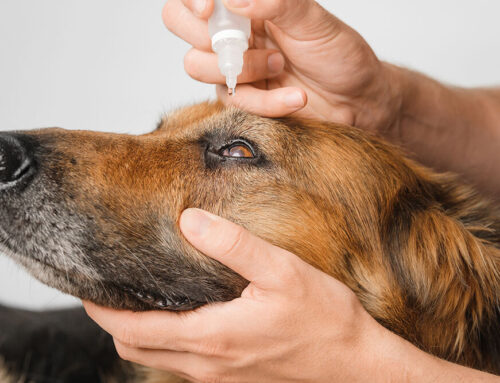
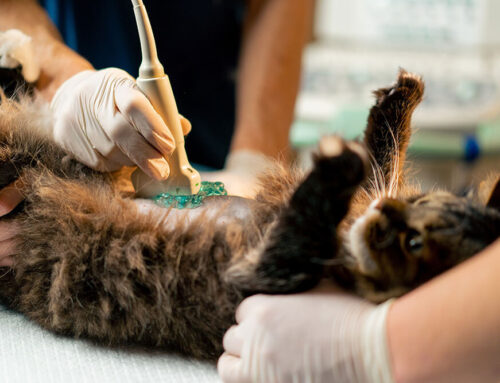
Leave A Comment